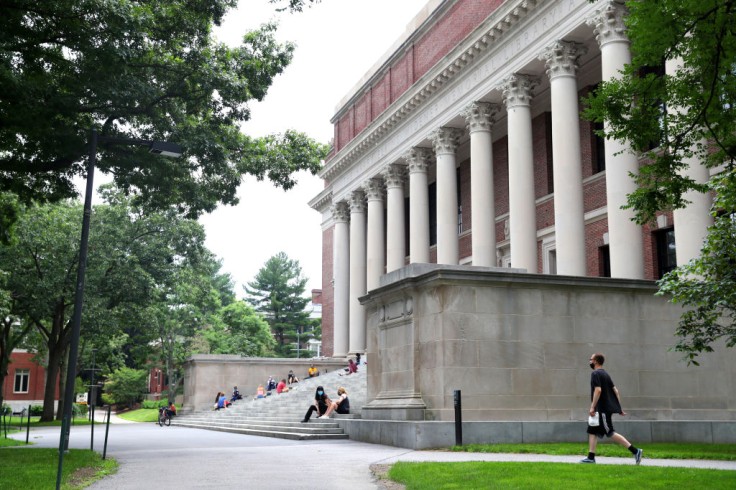Harvard University Loses Ability to Enroll International Students After DHS Revokes Certification
By
CAMBRIDGE, Mass. — The Department of Homeland Security announced Thursday that it has revoked Harvard University's Student and Exchange Visitor Program (SEVP) certification, effectively barring the Ivy League institution from enrolling international students for the 2025-2026 academic year. The decision, ordered by Homeland Security Secretary Kristi Noem, escalates a contentious dispute between the Trump administration and Harvard, one of the nation's most prestigious universities.
In a letter to Harvard, Noem stated, "The revocation of your Student and Exchange Visitor Program certification means that Harvard is prohibited from having any aliens on F- or J-nonimmigrant status for the 2025-2026 academic school year." The move follows Harvard's alleged failure to comply with a DHS request for records on foreign students' "criminality and misconduct," issued on April 16, 2025. Noem had warned that non-compliance would lead to SEVP termination.
Harvard, which enrolled 6,793 international students in the 2024-2025 academic year—about 27% of its total enrollment—called the DHS action "unlawful" and "retaliatory." The university issued a statement saying, "This retaliatory action threatens serious harm to the Harvard community and our country and undermines Harvard's academic and research mission."
The DHS claims Harvard's leadership created an "unsafe campus environment" by allowing "anti-American, pro-terrorist agitators" to harass and assault students, particularly Jewish students, amid campus protests. Noem also accused Harvard of fostering violence, antisemitism, and collaborating with foreign entities, including the Chinese Communist Party.
Immigration lawyer Aaron Reichlin-Melnick criticized the revocation, stating, "She doesn't name a single rule Harvard is alleged to have violated and SEVP certification can't be terminated discretionarily." Legal experts suggest Harvard has grounds for a challenge, noting established procedures for revoking SEVP certification were not followed.
Noem gave Harvard 72 hours to submit records, including disciplinary files and video or audio of international students' protest activities over the past five years, to potentially regain certification. Harvard has not indicated whether it will comply.
Current international students face significant disruption, as they must transfer to other U.S. institutions or risk losing legal status. The decision could also impact Harvard's finances, as international students often pay higher tuition.
The revocation follows prior tensions, including DHS terminating $2.7 million in grants to Harvard last month. Noem posted on X, "It is a privilege, not a right, for universities to enroll foreign students and benefit from their higher tuition payments to help pad their multibillion-dollar endowments. Harvard had plenty of opportunity to do the right thing. It refused."
U.S. Rep. Pramila Jayapal, ranking member of the Subcommittee on Immigration Integrity, Security, condemned the move, saying, "And to attempt to deny the ability of Harvard to take any foreign students is both unlawful and deeply detrimental to our country's own ability to innovate and attract talent from all over the world."
Harvard vowed to support affected students and is exploring legal options to contest the DHS decision. The university's leadership emphasized its commitment to maintaining a diverse academic community.
The action marks a significant escalation in the Trump administration's campaign against elite universities, with Harvard emerging as a primary target. Observers warn similar measures could extend to other institutions, as Noem stated the revocation should "serve as a warning" to universities nationwide.
© 2026 University Herald, All rights reserved. Do not reproduce without permission.








